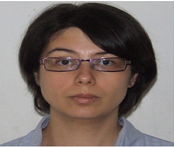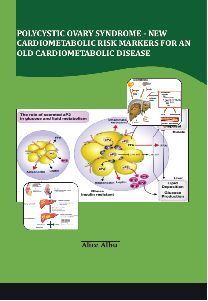
Dr. Alice Albu, M.D., PHD.,
Assistant Professor of Endocrinology
Endocrinology Department, Carol Davila University of Medicine and
Pharmacy, Bucharest, Romania
Doctor Alice Albu is Assistant Professor at the Medical Faculty of Carol
Davila University, Endocrinology Department and Consultant in
Endocrinology at Elias Hospital, Endocrinology and Diabetes
Department, Bucharest, Romania. Dr. Albu has 15 years of experience
in the field of endocrinology and her main interest is in reproductive medicine and pediatric
endocrinology. She showed a particular interest for the endocrinopathies associated with
beta-thalassemia major and she is a member of the ICET-A network. She graduated Carol
Davila University, General Medicine Faculty in 1999. In 2014 she finished the PhD degree in
cardiometabolic aspects of polycystic ovary syndrome. Her clinical research in polycystic
ovary syndrome were presented at national, European and international conferences and
published in journals with high impact factor. She constantly work with students and young
fellows interest in reproductive medicine and in particular in polycystic ovary syndrome. Dr.
Albu published about 80 scientific works, is coauthor of 2 books and she is in the editorial
board of the journal “Uterus and Ovary”.
Read more...


